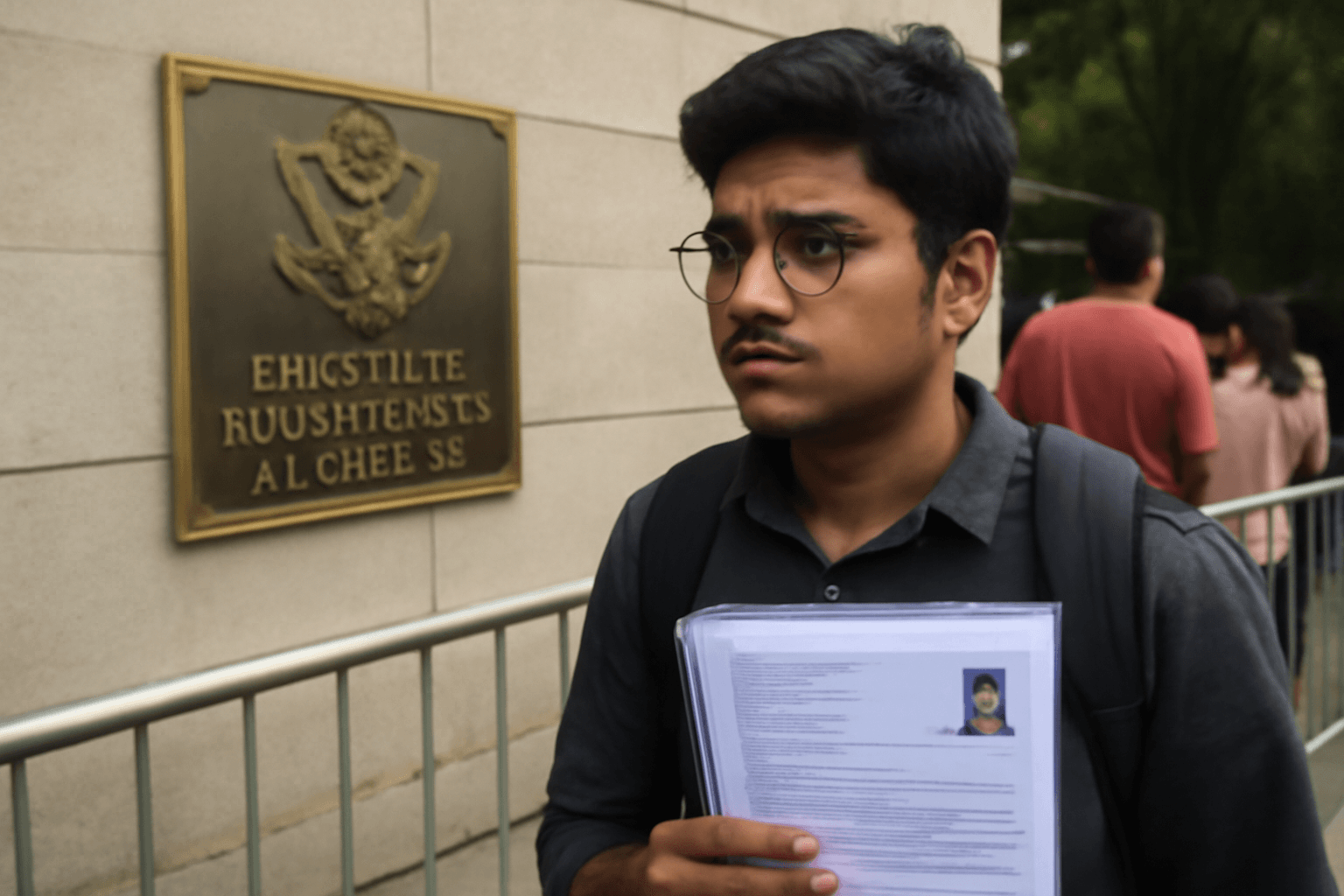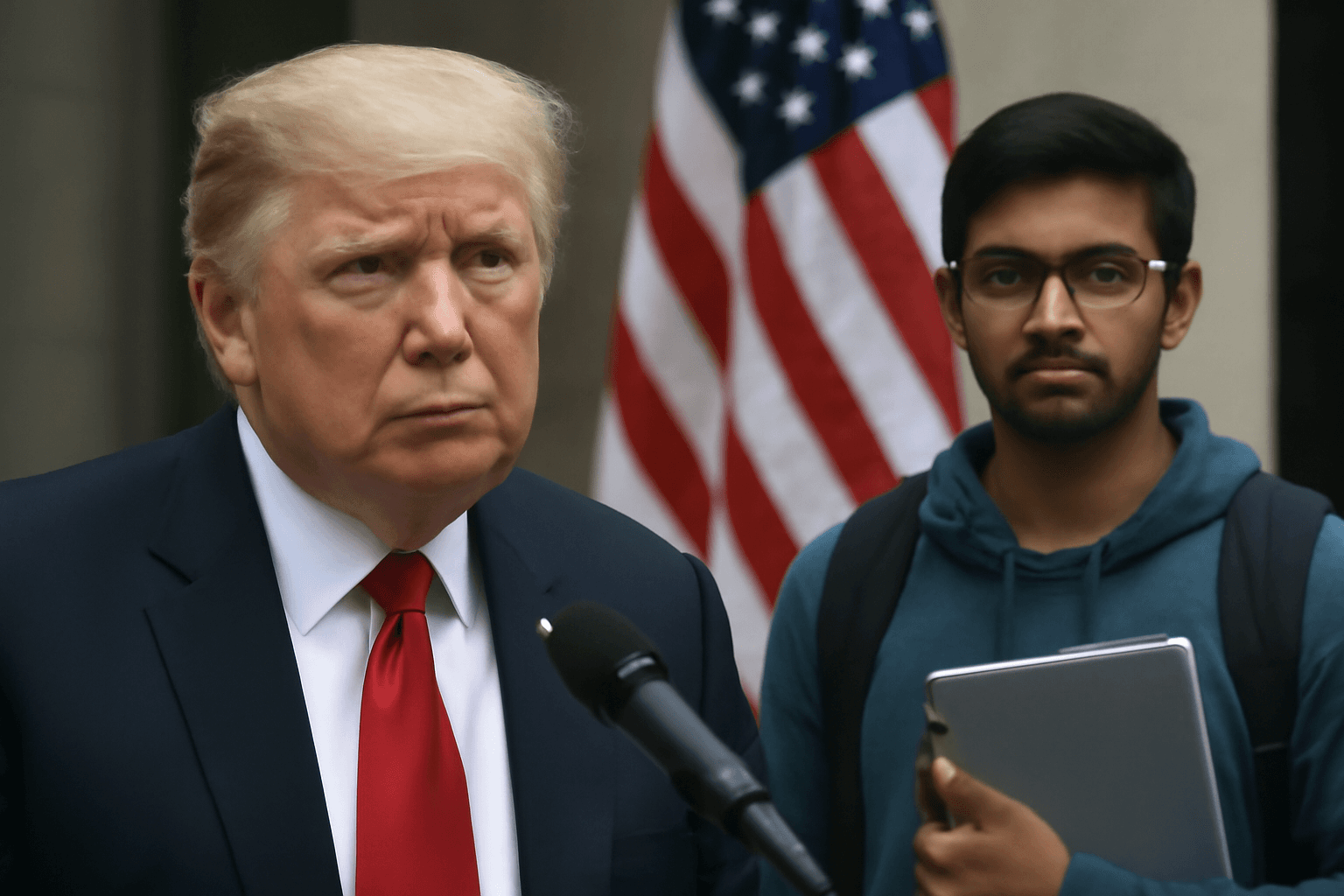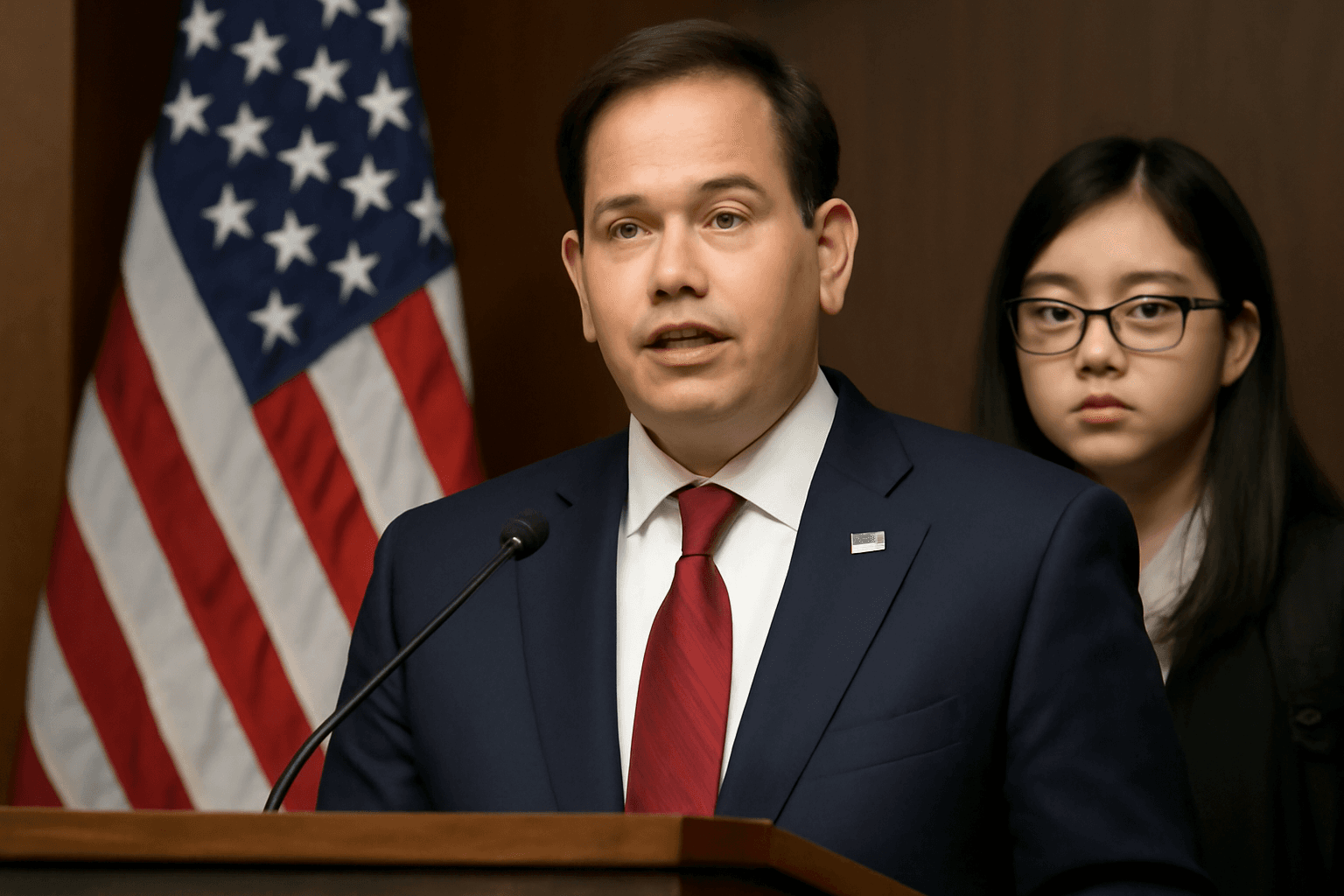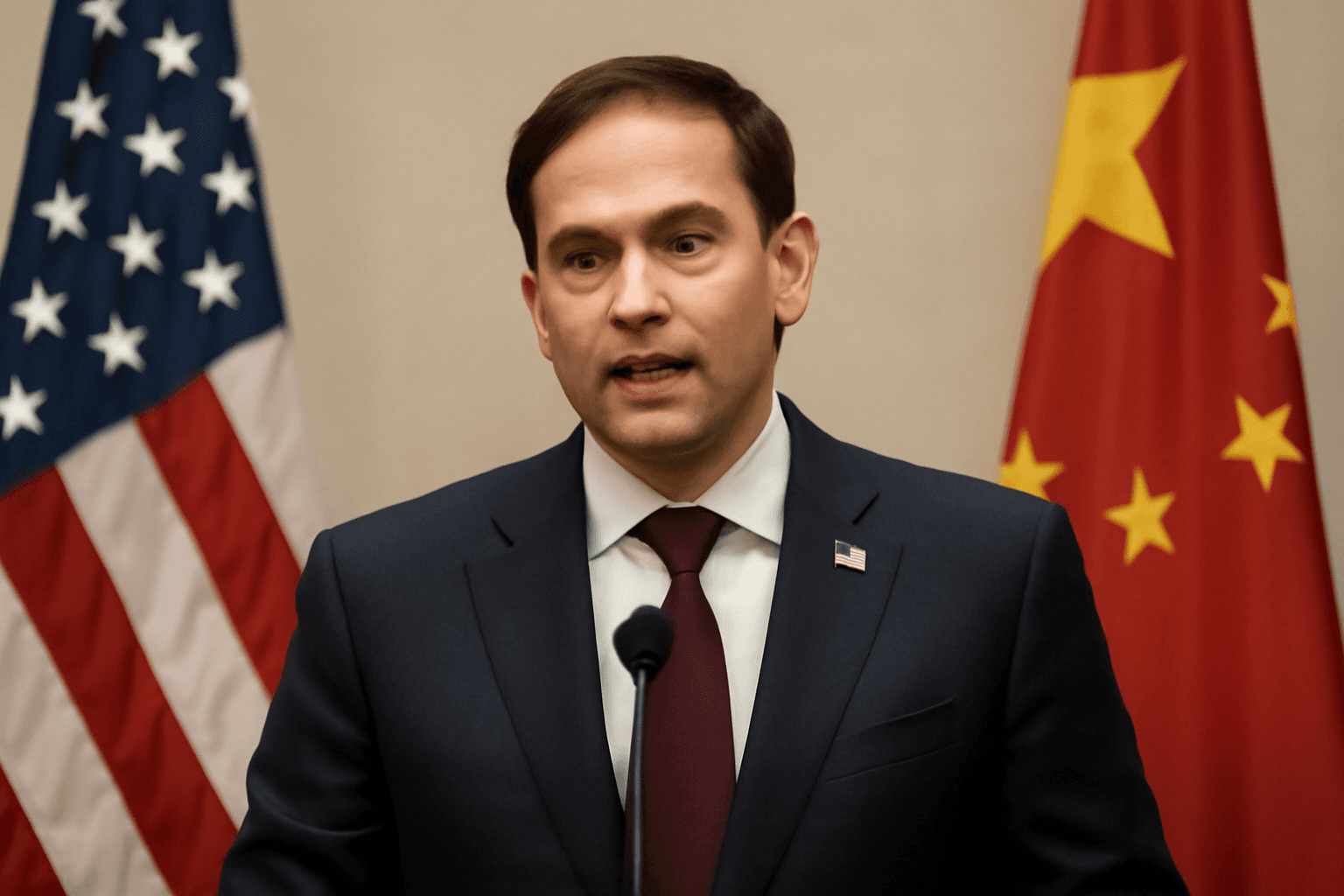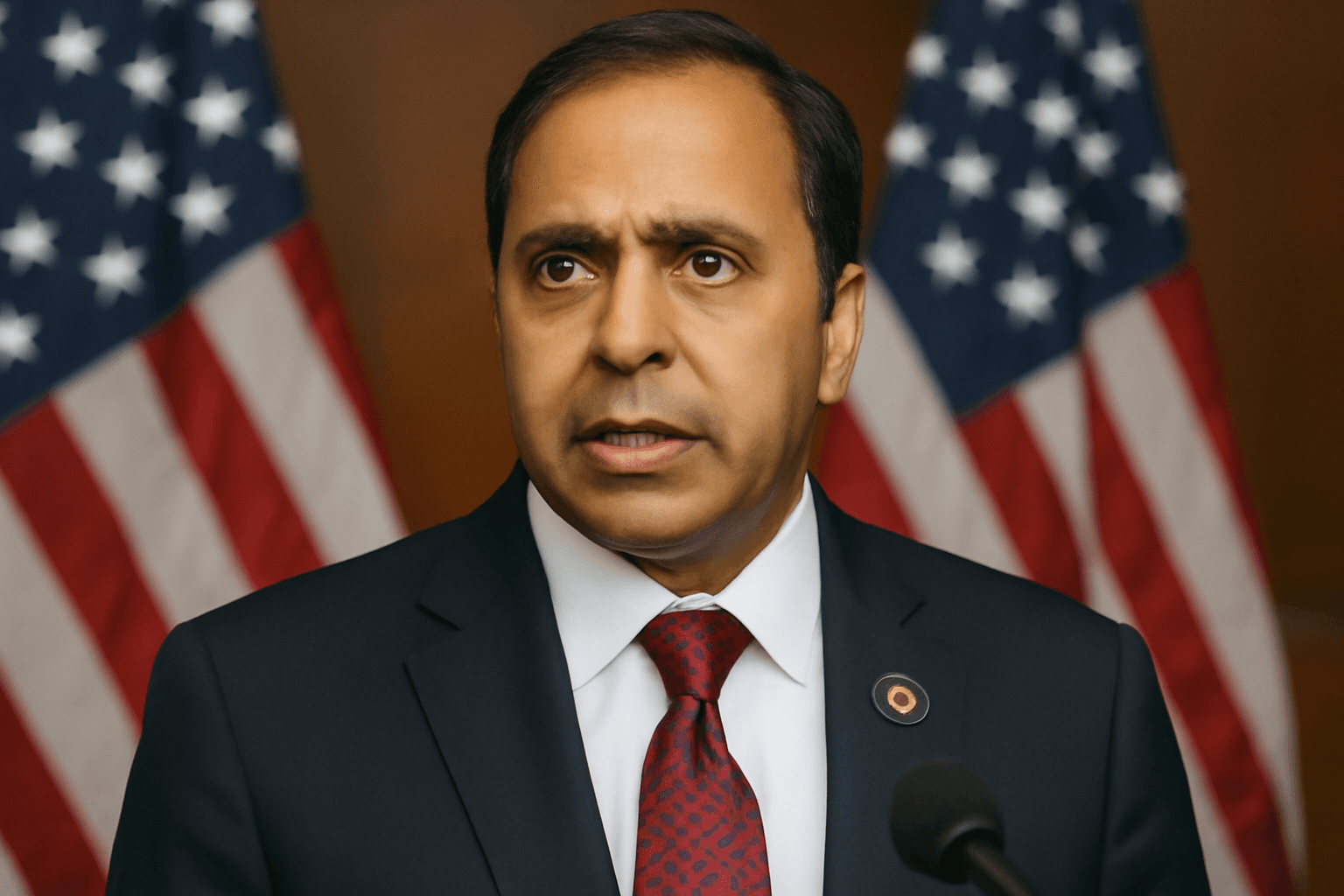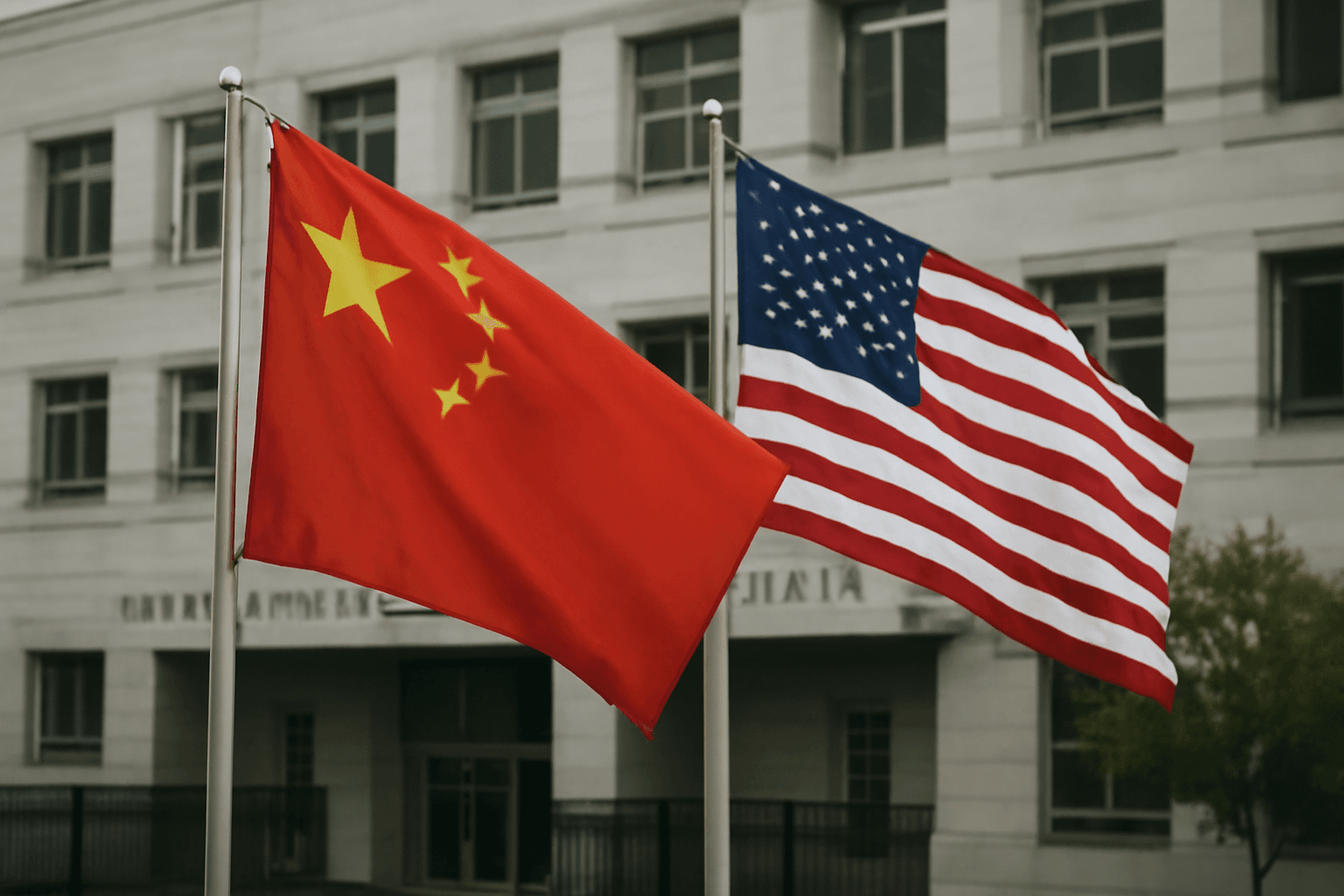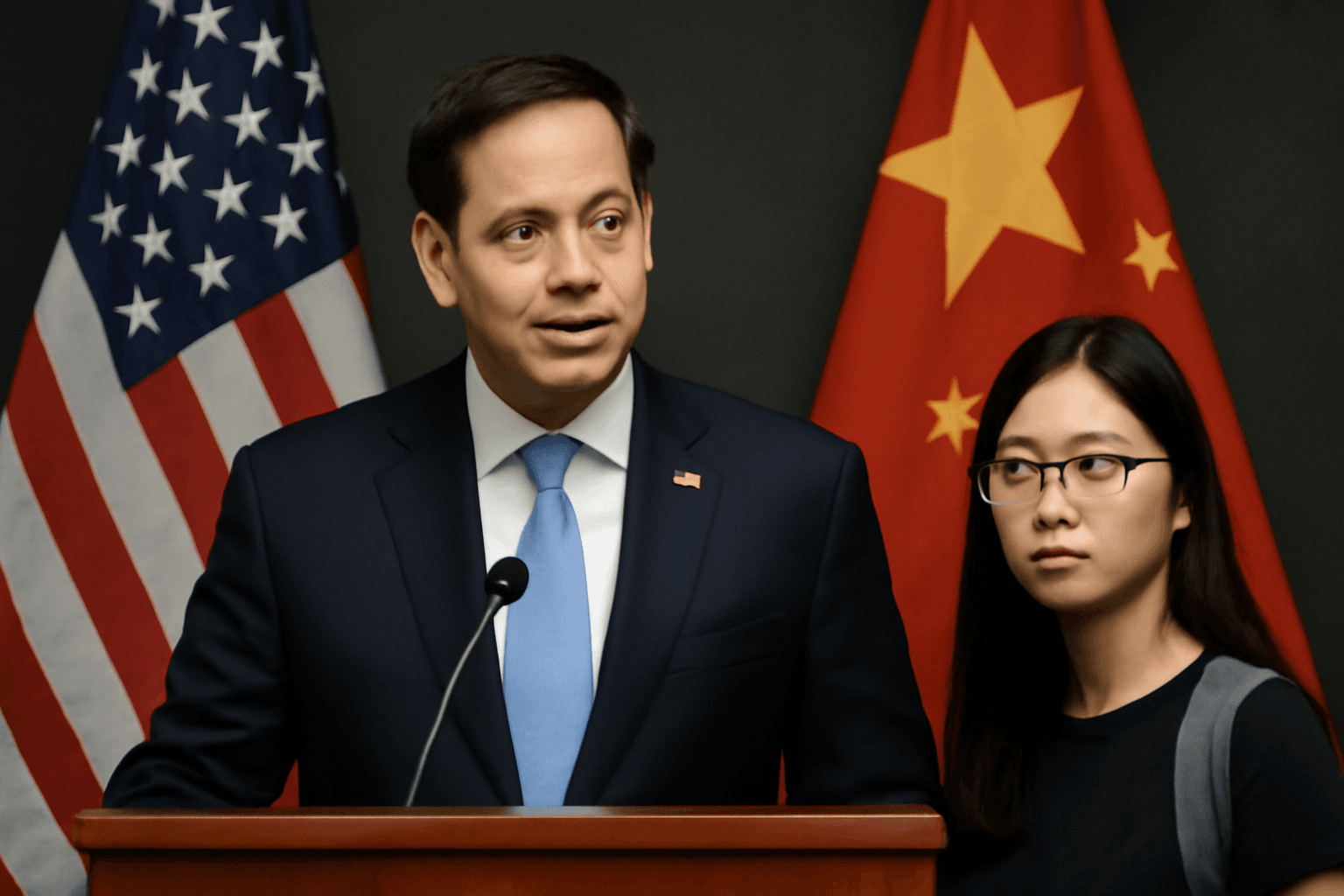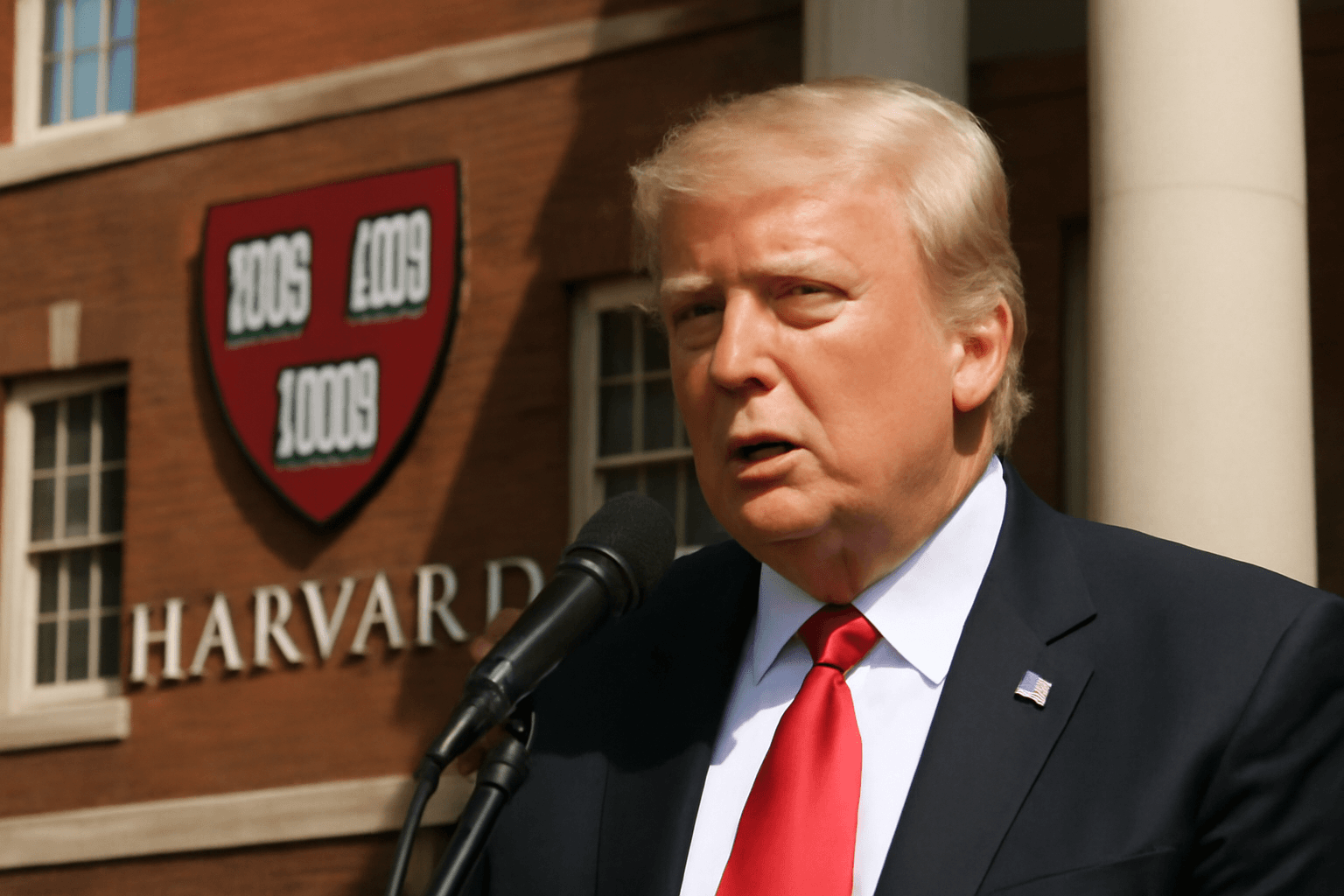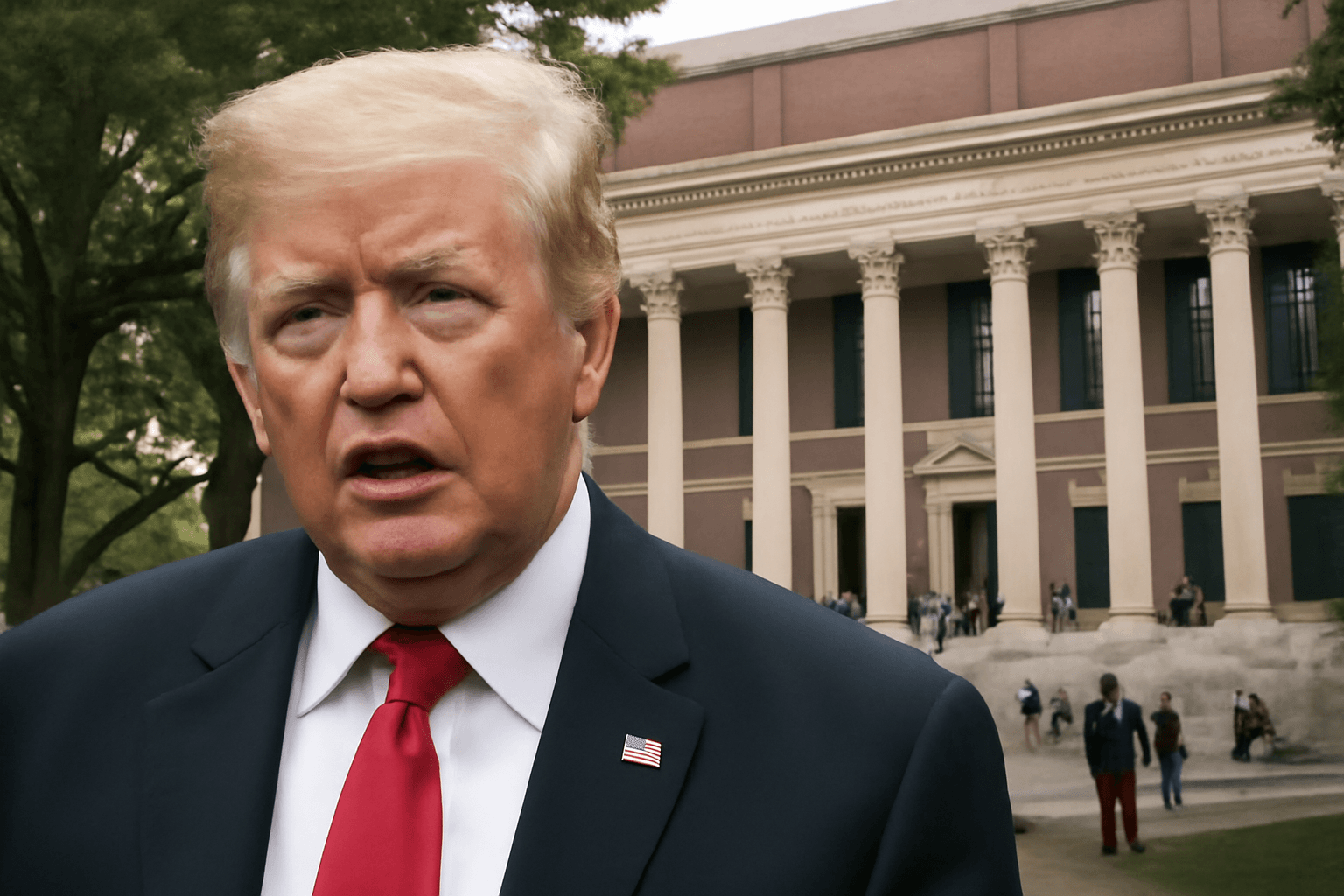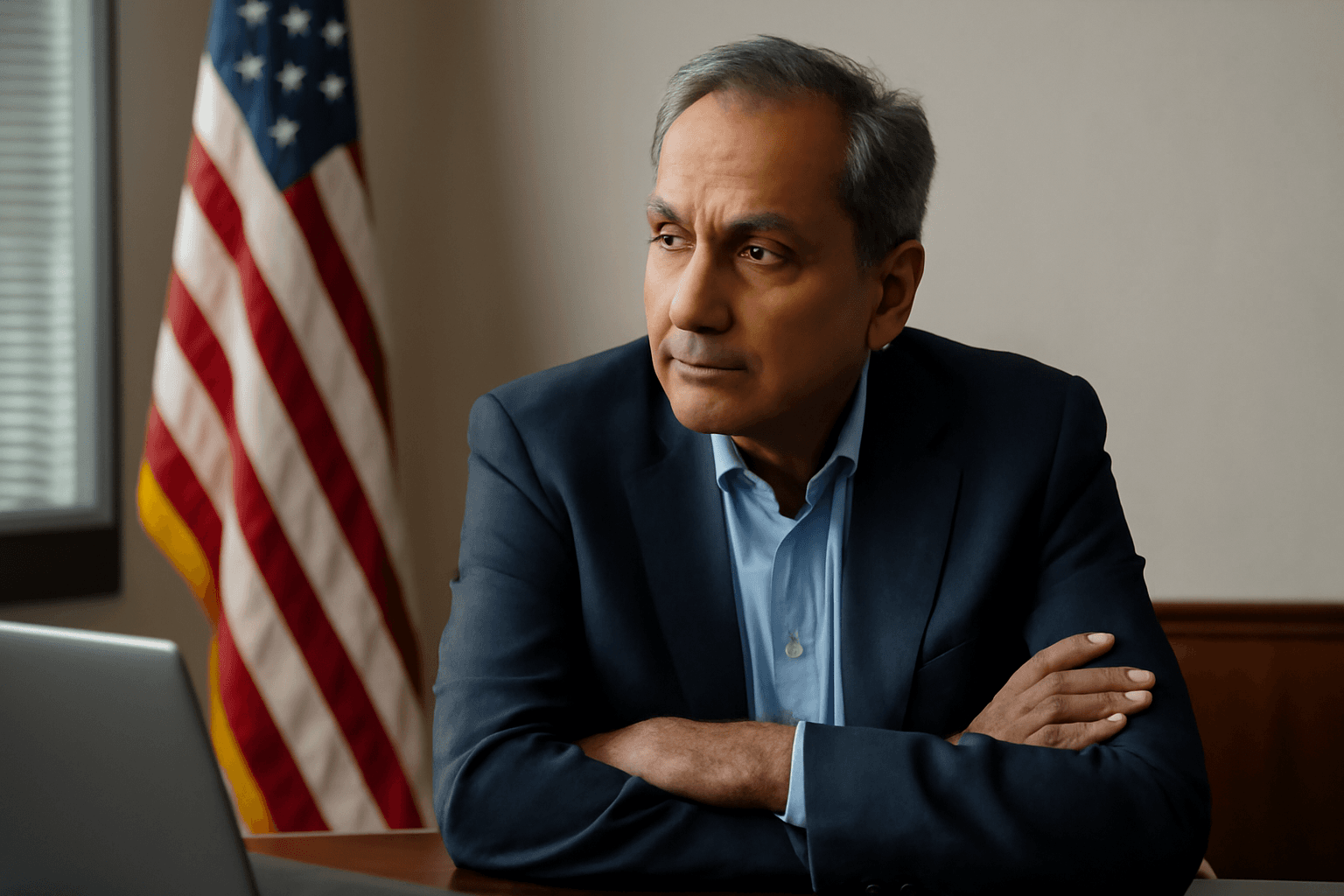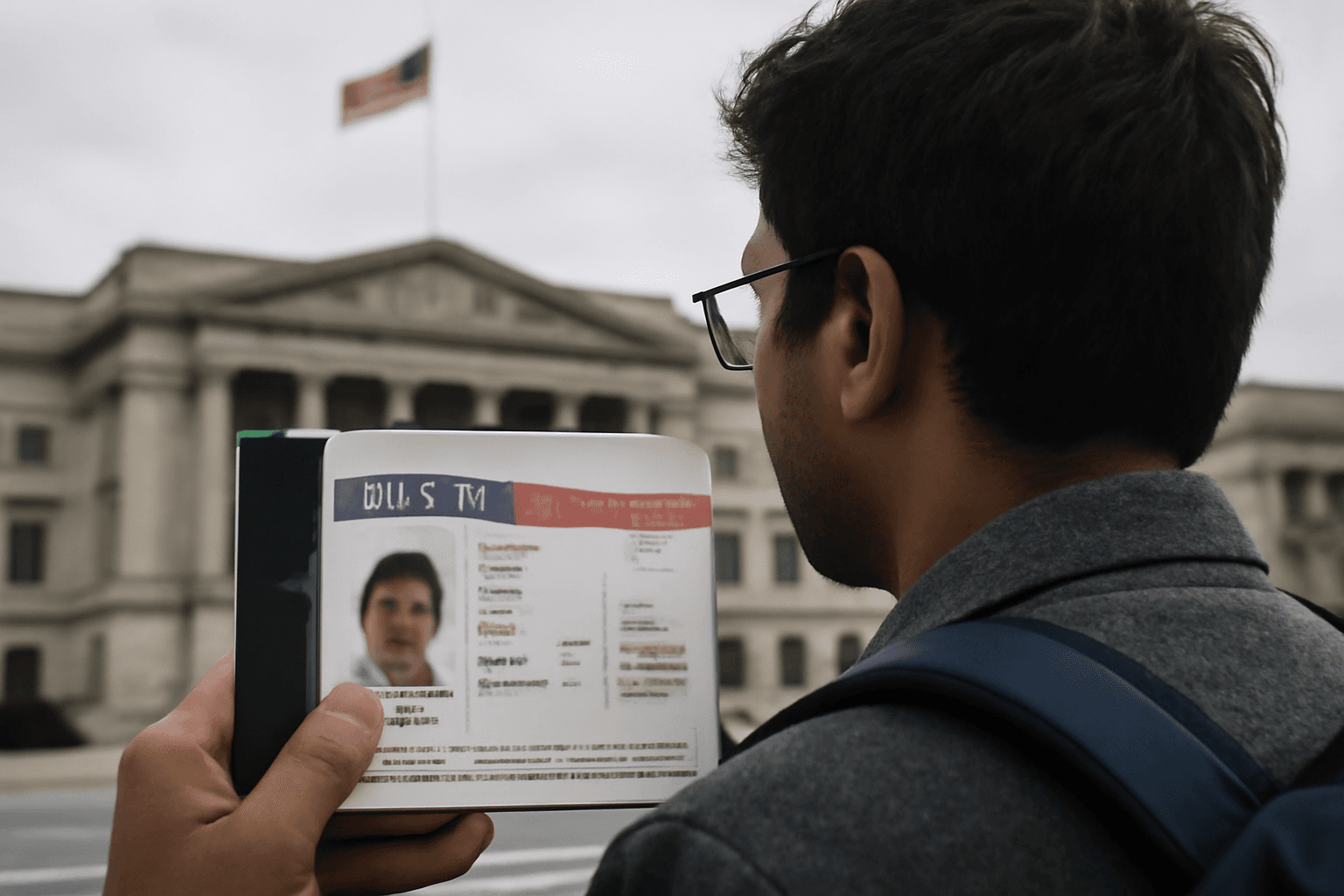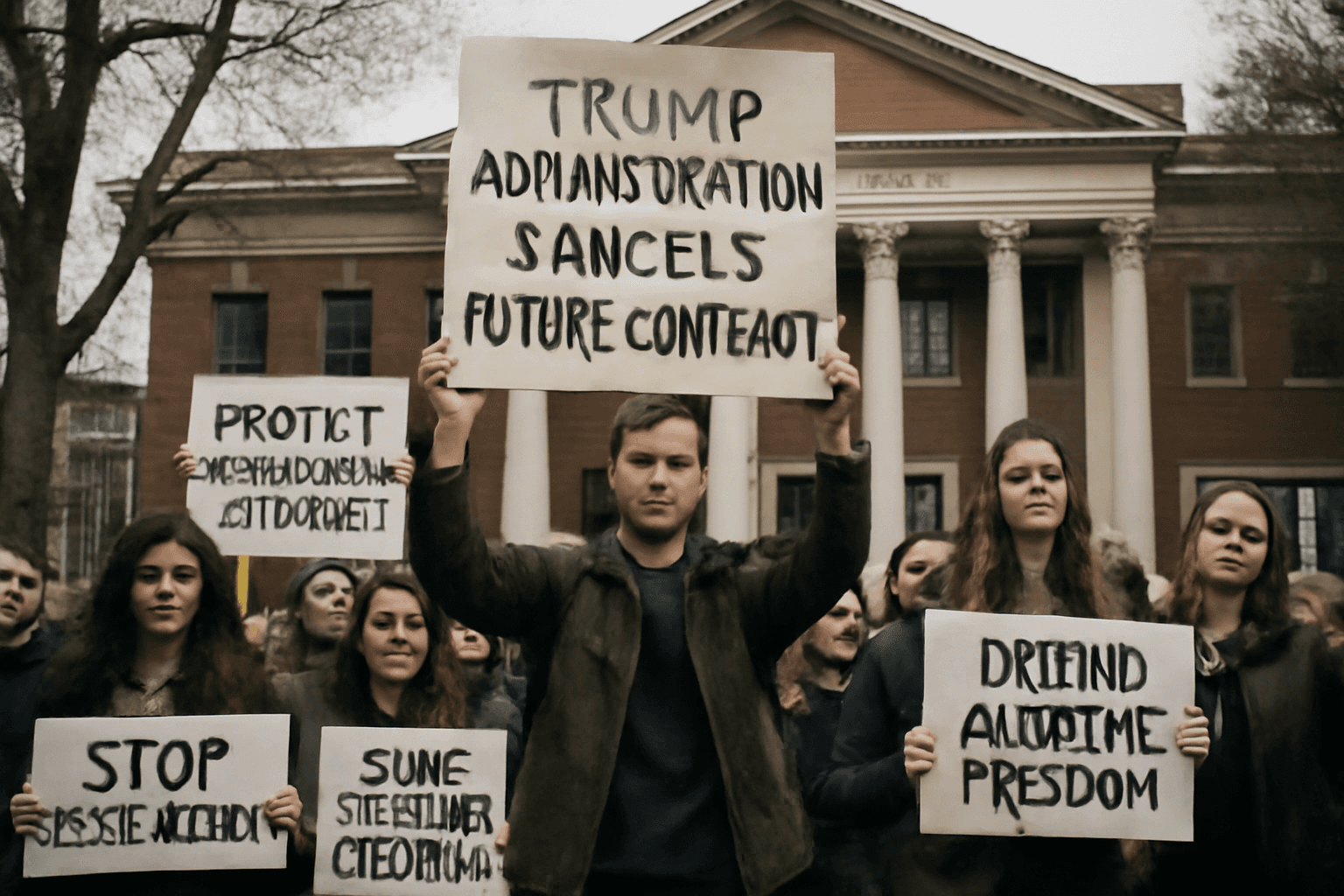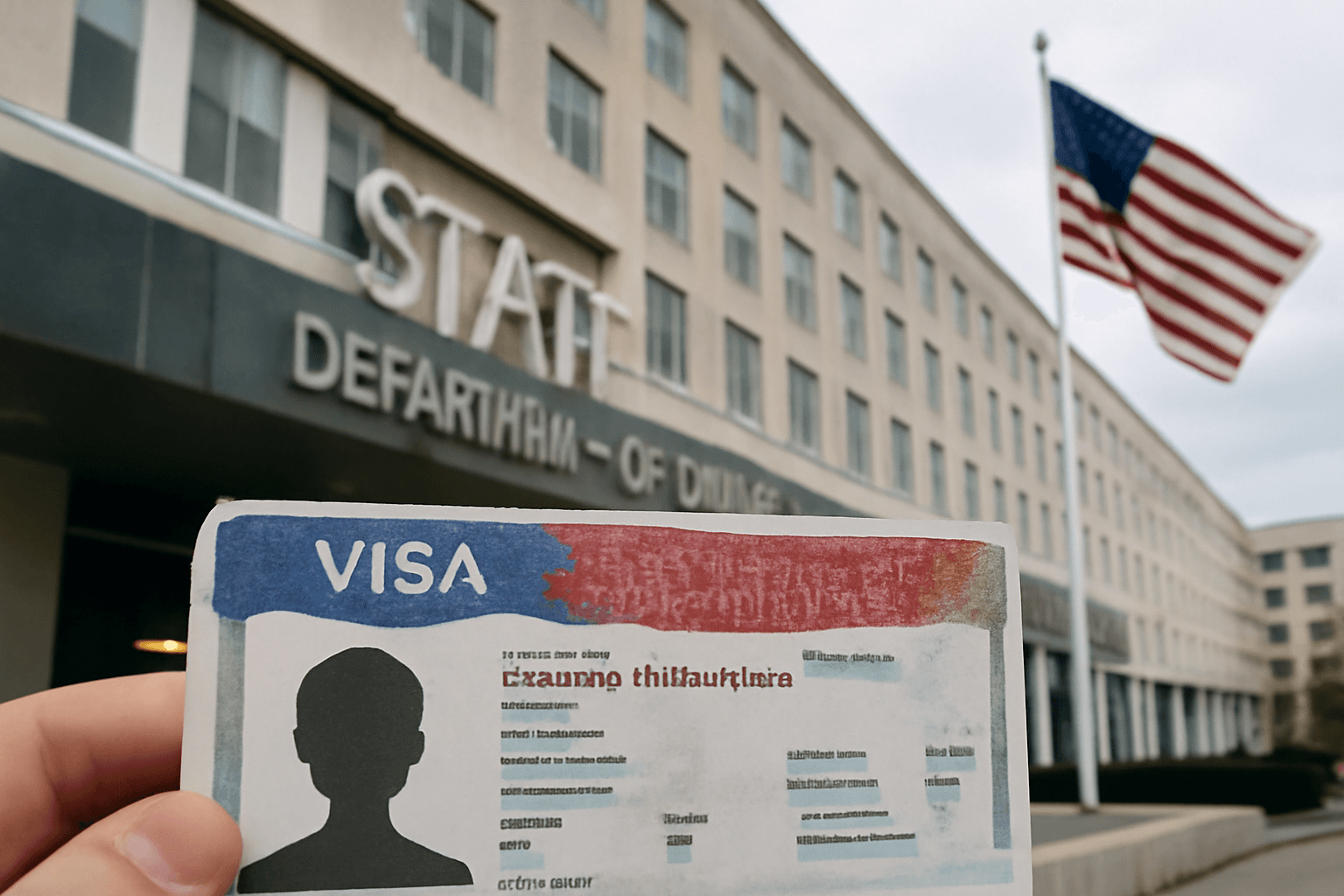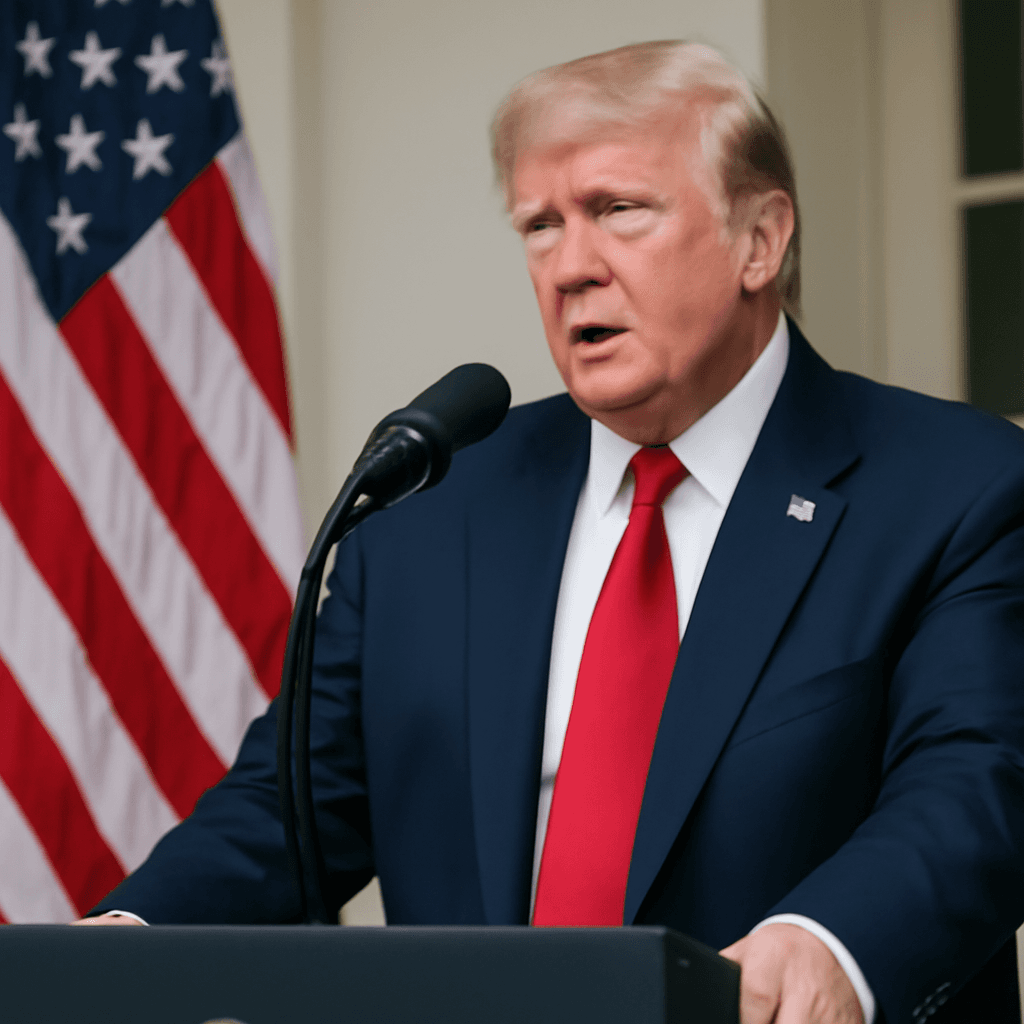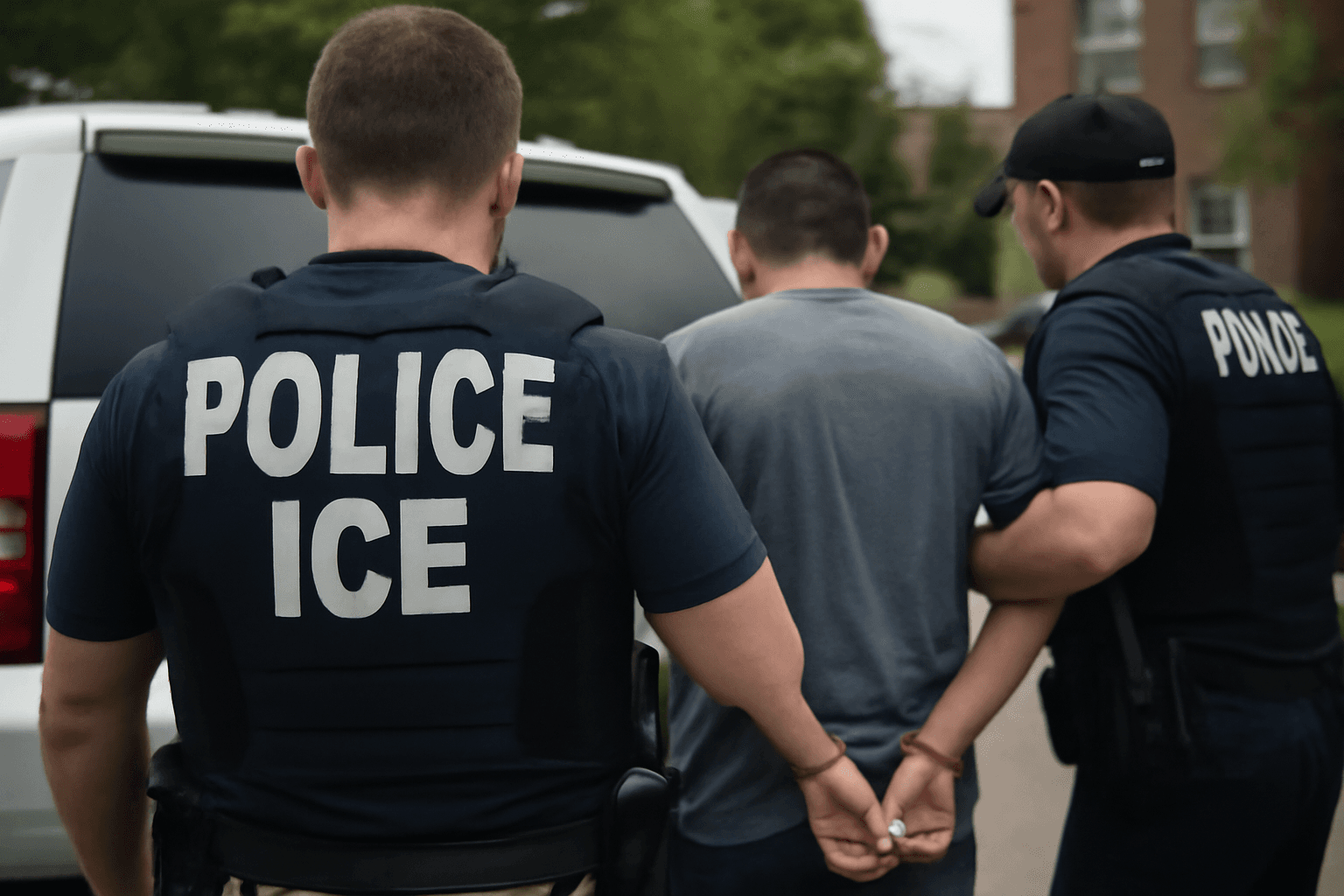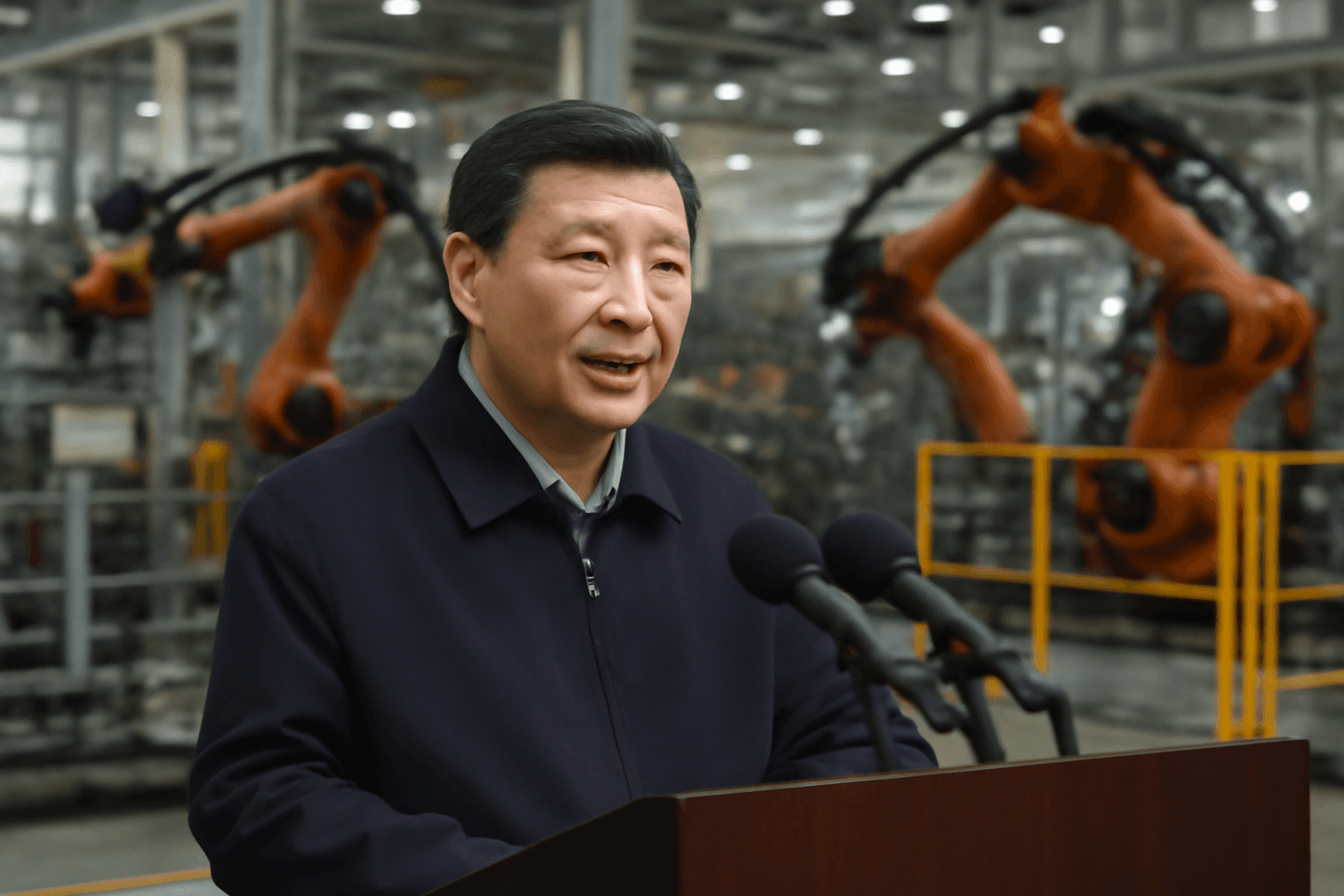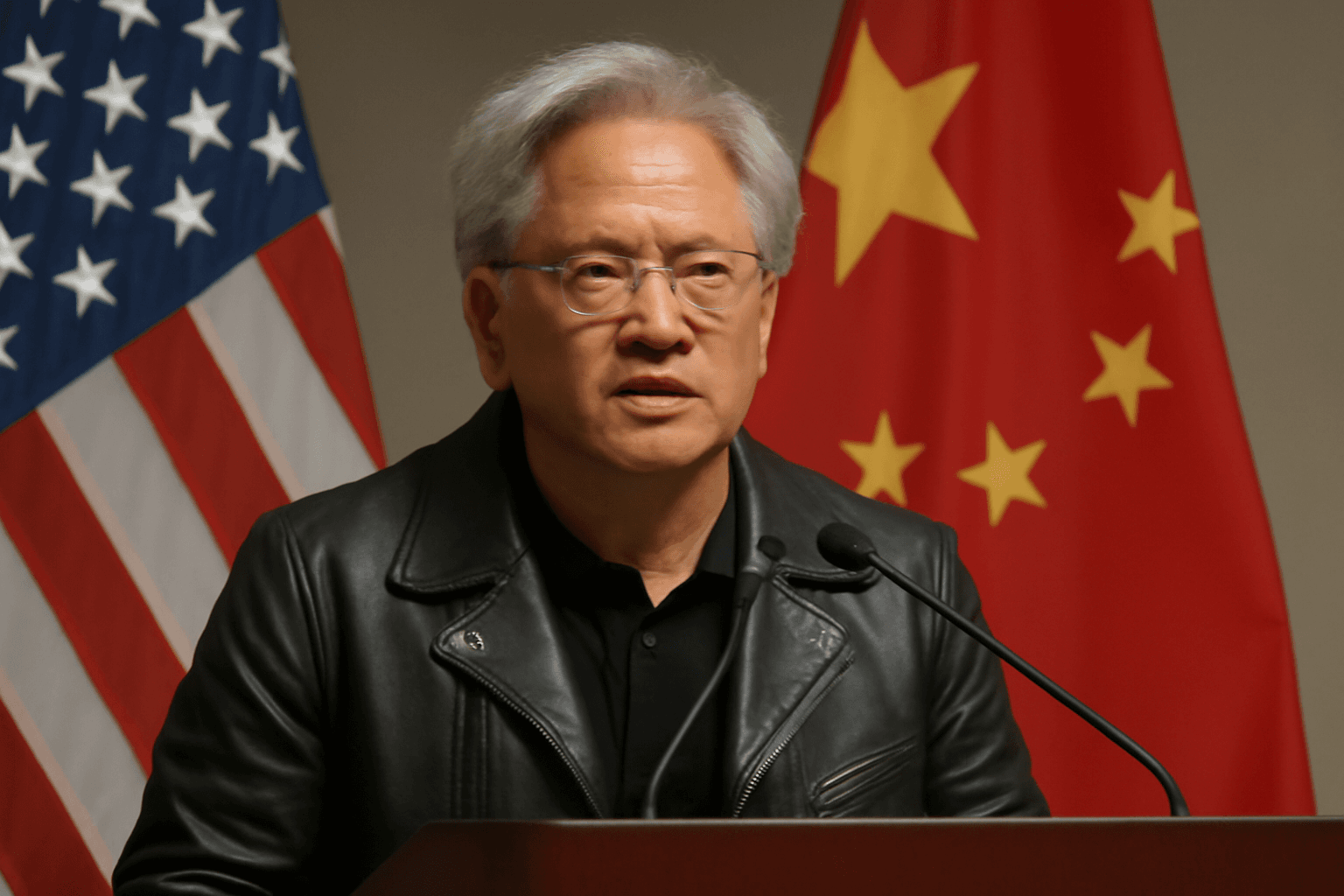Washington D.C. – The United States government has ordered a global pause on scheduling new student visa interviews, a decision that disproportionately affects aspiring Indian students. This directive, issued by the Trump administration on May 27, 2025, mandates U.S. embassies and consulates worldwide to halt interview appointments for student visa applicants in order to enhance vetting procedures including expanded social media screenings.
India has emerged as the largest source country of international students in the U.S., surpassing China. According to the Open Doors Report on International Educational Exchange for the 2023-24 academic year, over 331,600 Indian students are enrolled in American institutions, accounting for nearly 30% of the total 1.13 million foreign students studying in the country. This reflects a 23.3% year-over-year increase in Indian enrollments.
The pause in student visa interviews comes as the U.S. government intensifies background checks amid concerns over campus activism and political protests perceived by the administration as threats to national security. Secretary of State Marco Rubio instructed consular officials to suspend adding student (F, M) and exchange visitor (J) visa appointment capacity until further notice to accommodate the expanded screening process.
The enhanced vetting will lengthen processing times considerably, creating uncertainty for students awaiting interviews and potentially delaying travel plans for the 2025-26 academic year. There is no specified timeline for resuming regular visa processing.
Indian students pursuing U.S. education predominantly enroll in Math and Computer Sciences (42.9%), followed by Engineering (24.5%), Business and Management (11.2%), Physical and Life Sciences (5.4%), and Health Professions (2.7%). The majority attend graduate-level programs, with a significant proportion participating in Optional Practical Training (OPT) programs post-graduation.
U.S. State Department spokesperson Tammy Bruce emphasized the importance of a rigorous vetting process for all visa applicants, stating, "We will continue to use every tool to assess who is coming here, whether student or tourist, to ensure compliance with U.S. laws and security standards." The administration’s approach reflects its broader agenda to reform higher education policies and counter what it describes as divisive ideologies within university campuses.
As the largest contingent of international students in the U.S., Indian applicants face the most significant impact from this policy, raising concerns among students, academic institutions, and stakeholders about the future of international education and cultural exchange between the two nations.

